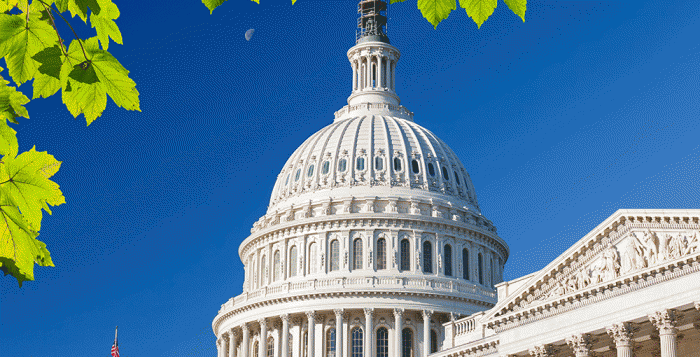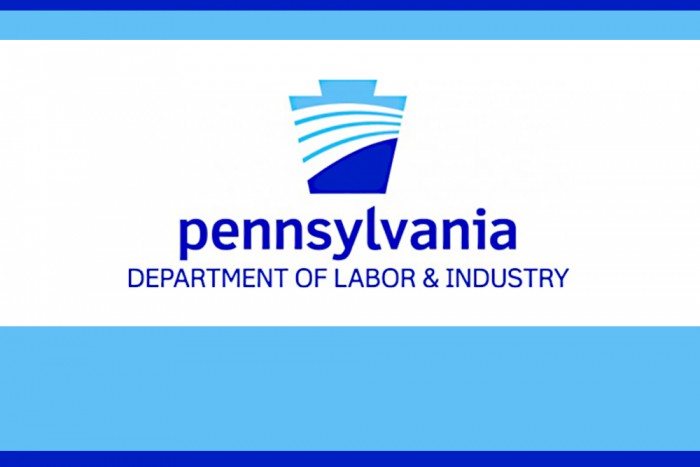Funding
Capitolwire: $100M for Mental Health Appears Off to Next Session
RCPA Member Gaudenzia Receives Grant to Enhance Treatment Services
Congress Has Again Failed People With Disabilities — We Need Bipartisan Legislation Now
Concern Grows in Schools for Mental Health, ‘Erosion of the Social Fabric’
Support for the Behavioral Health Commission Recommendations: Letter From the Mental Health Safety Net Coalition
Senate Resolution Directs Study of How DHS Determines Funding Allocations, Rates for D&A System
Sen. Brooks will introduce a resolution today that directs the Joint State Government Commission (JSGC) to study and issue a report on the specific data, calculations, and mechanisms that the Department of Human Services uses to determine the amount of Medical Assistance capitation funding ultimately paid to drug and alcohol addiction treatment providers within the Commonwealth.
The complete resolution, which includes a detailed listing of requirements of what the JSGC must analyze and report, can be viewed here.
American Rescue Plan Act (ARPA) Spending Deadline Extended

The Office of Developmental Programs (ODP) has extended the deadline for providers and Supports Coordination Organizations (SCO) to utilize the one-time funds made available through ARPA. This had been discussed at RCPA’s recent IDD Committee meeting, and Deputy Secretary Ahrens appreciated the feedback. The deadline to spend the funds has been moved to March 31, 2025.
Please see ODP Announcement 22-107 for details.
PA Department of Labor Offering $250k Grants
The Pennsylvania Department of Labor & Industry has the following grant opportunities that are currently available:
Pennsylvania Industry Partnership Program (IP) Grant:
The Pennsylvania Department of Labor & Industry (L&I) announces the availability of approximately $4,000,000 in funding for the Pennsylvania Industry Partnership (IP) Program Grant awards. L&I will be supporting Industry Partnership Programming through the competitive award of grants of up to $250,000 to support Industry Partnerships across the commonwealth to improve economic growth, while preparing workers with training for their current positions and future advancement. Projects funded through Industry Partnership grants should identify workforce, education and training, and economic development gaps; coordinate regional needs to support industry needs; identify public and community resources to address industry-identified needs; and increase collaboration among businesses within a targeted industry sector. Eligible applicants include local workforce development boards, non-profit and non-governmental entities, community-based organizations, educational and post-secondary educational organizations, labor organizations, business associations, and economic development entities.
More information can be found here, including info on an upcoming bidder webinar on 10/6/22. The IP grants close on 10/28/22. If you have questions or concerns regarding this grant opportunity, please email L&I.
Schools-to-Work Program (STWP) Grant — Round 3:
The Pennsylvania Department of Labor & Industry (L&I) announces the availability of approximately $2,500,000.00 of funding for the Schools-to-Work Program (STWP) Grant award(s). L&I will be establishing a STW Program through the competitive award of a grant(s) to a sponsor(s) in partnership with schools in the commonwealth to support the establishment or enhancement of a workforce development partnership between schools, employers, organizations, or associations to create pre-apprenticeship apprenticeship pathways. This NGA seeks applications to support this statewide initiative. Grant awards may not exceed $250,000.00.
L&I also has funding currently available for school-to-work program grants. The STWP grant closes on 10/12/22. If you have questions or concerns regarding this grant opportunity, please email L&I.
If you have further questions, please contact your RCPA Policy Director.
















